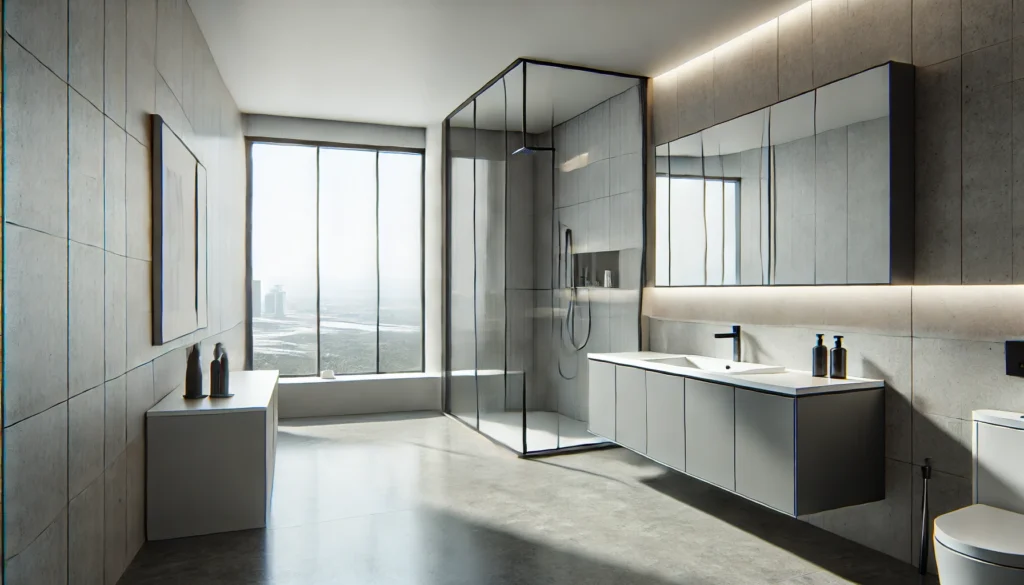How to Maintain a Newly Renovated Bathroom: Expert Cleaning & Care Tips
A newly renovated bathroom is a refreshing upgrade to your home, adding both comfort and value. However, maintaining its pristine look requires regular care. Without proper upkeep, mold, mildew, and grime can quickly take over, diminishing both aesthetics and functionality. To help you preserve your bathroom’s fresh appeal, here’s a comprehensive maintenance guide.
1. Establish a Daily Cleaning Routine
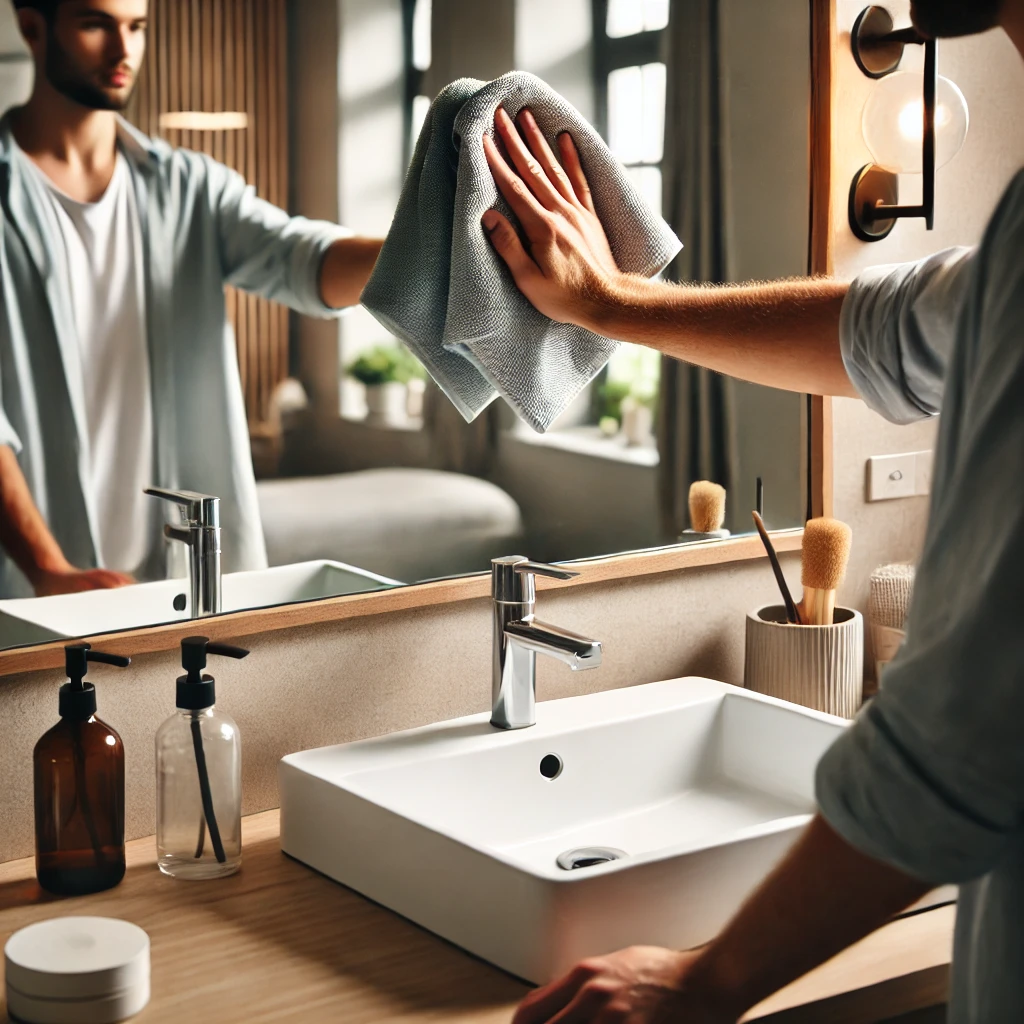
Keeping your bathroom spotless starts with small daily habits. Wipe down surfaces—including countertops, mirrors, and sinks—to prevent water spots, soap scum, and bacteria buildup. Use a microfiber cloth and a mild cleaning spray to maintain a streak-free shine.
💡 Tip: For glass shower doors, use a squeegee after every shower to reduce hard water stains.
2. Keep Grout and Tiles Spotless
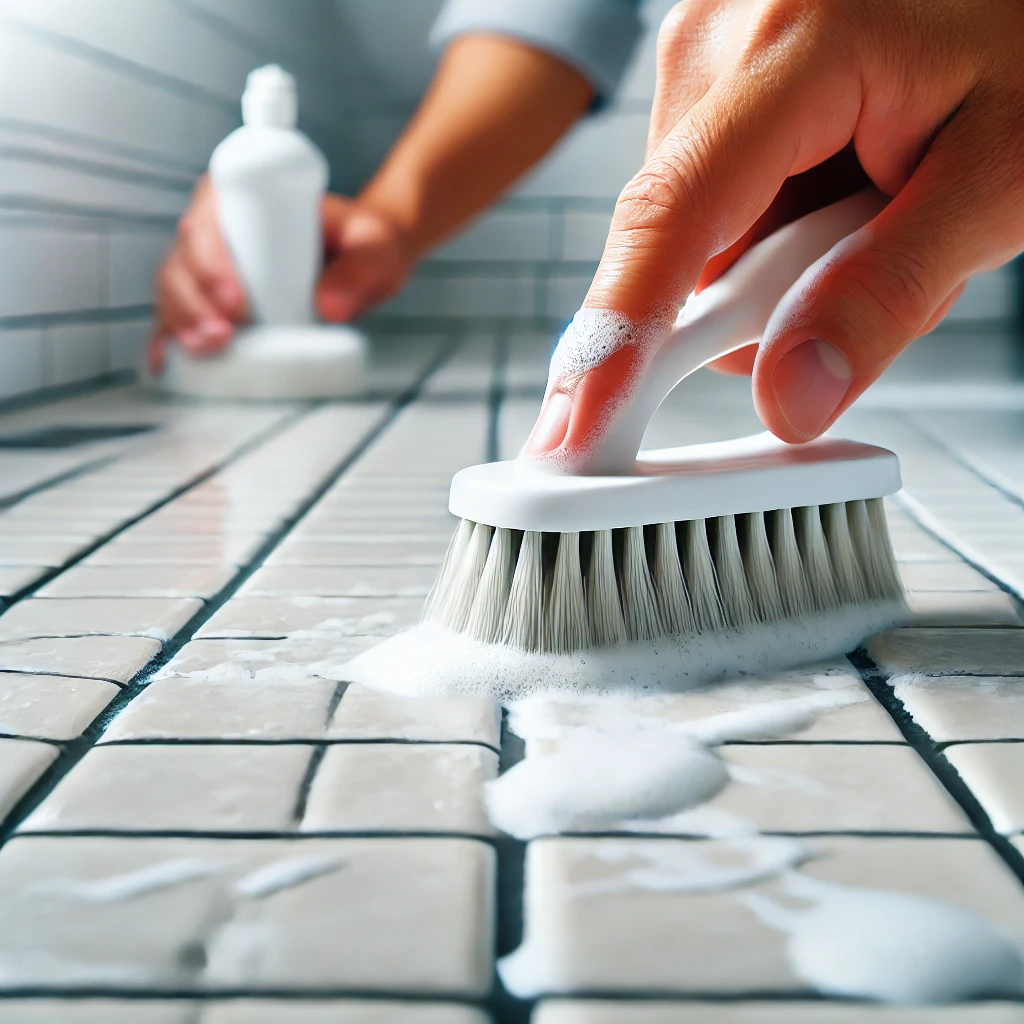
Grout is one of the most vulnerable areas in a bathroom, prone to discoloration and mildew growth. To keep it clean:
- Scrub grout lines weekly with a baking soda and water paste.
- Use a gentle bleach solution (or hydrogen peroxide for a natural alternative) to remove stains.
- Reseal grout annually to protect against moisture penetration and maintain its bright appearance.
💡 Tip: Avoid using harsh acidic cleaners on grout, as they can erode the material over time.
3. Ensure Proper Ventilation to Prevent Mold
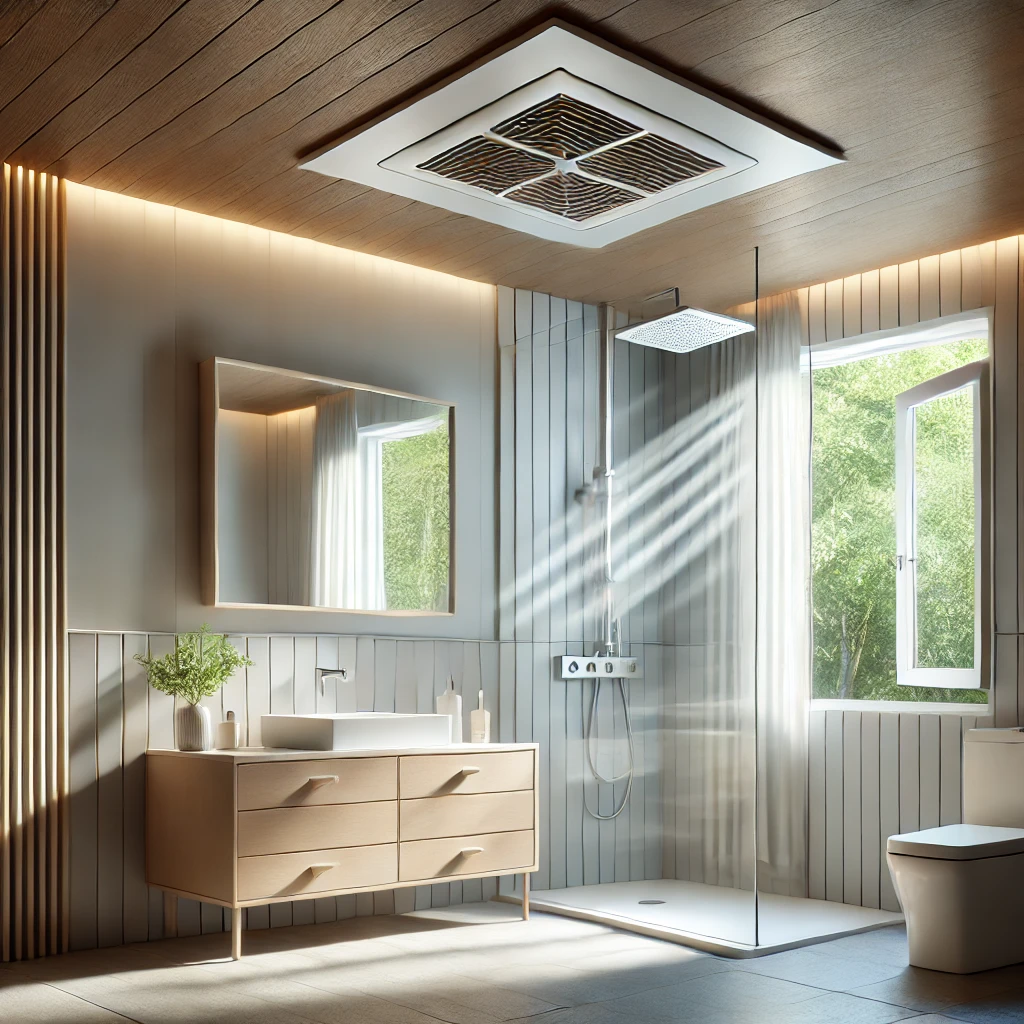
Excess moisture is a bathroom’s worst enemy, leading to mold growth and peeling paint. Improve ventilation by:
- Installing a high-quality exhaust fan and running it for at least 20 minutes after showers.
- Keeping windows slightly open to allow air circulation.
- Using moisture-absorbing materials like silica gel or placing indoor plants that thrive in humid environments, such as Boston ferns or peace lilies.
💡 Tip: If you notice a musty smell, inspect hidden corners (behind cabinets and under the sink) for mold growth.
4. Maintain Bathroom Fixtures and Faucets
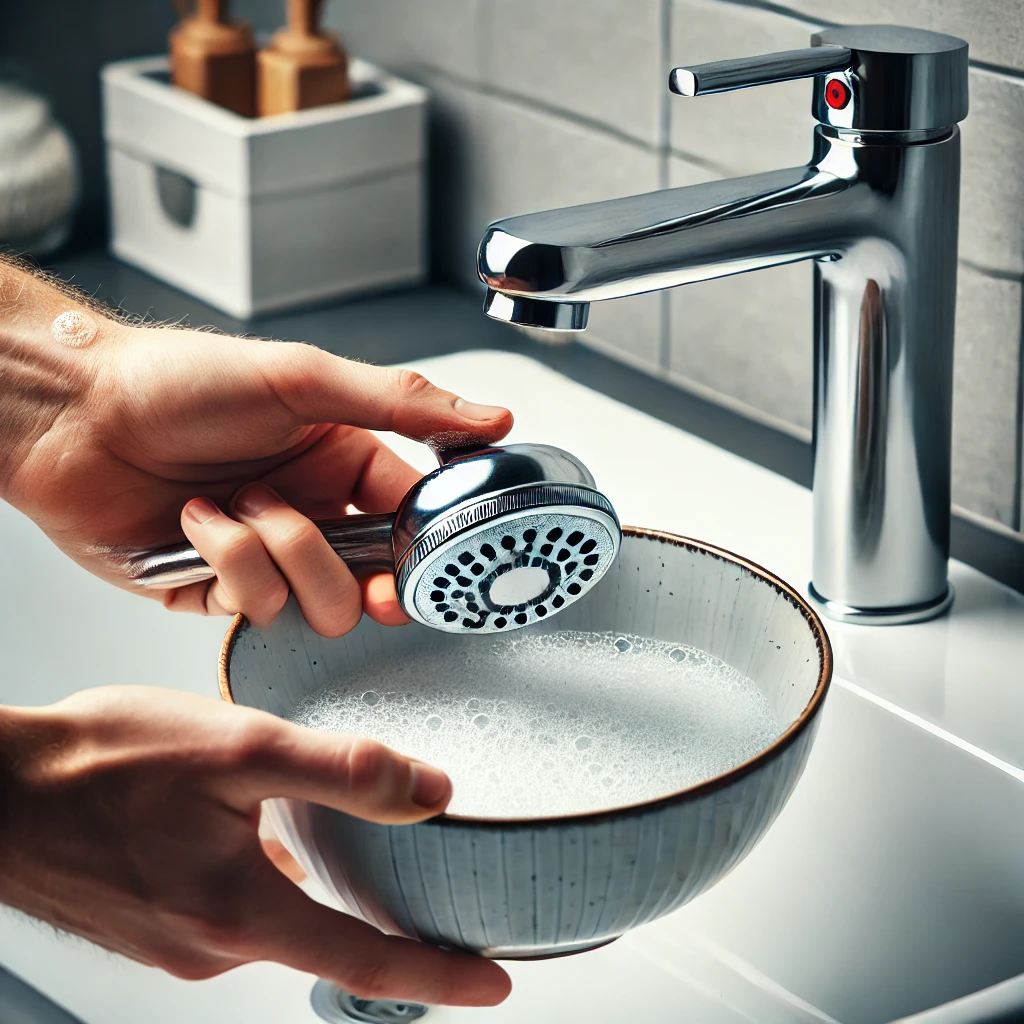
Over time, mineral deposits from hard water can build up on faucets and showerheads, affecting water pressure and appearance. To keep them in top condition:
- Soak showerheads and faucet aerators in white vinegar overnight to dissolve buildup.
- Regularly check for leaks and fix dripping faucets to prevent water waste and costly repairs.
💡 Tip: For stubborn limescale, scrub fixtures with a toothbrush dipped in vinegar and baking soda paste.
5. Use Gentle, Eco-Friendly Cleaning Products
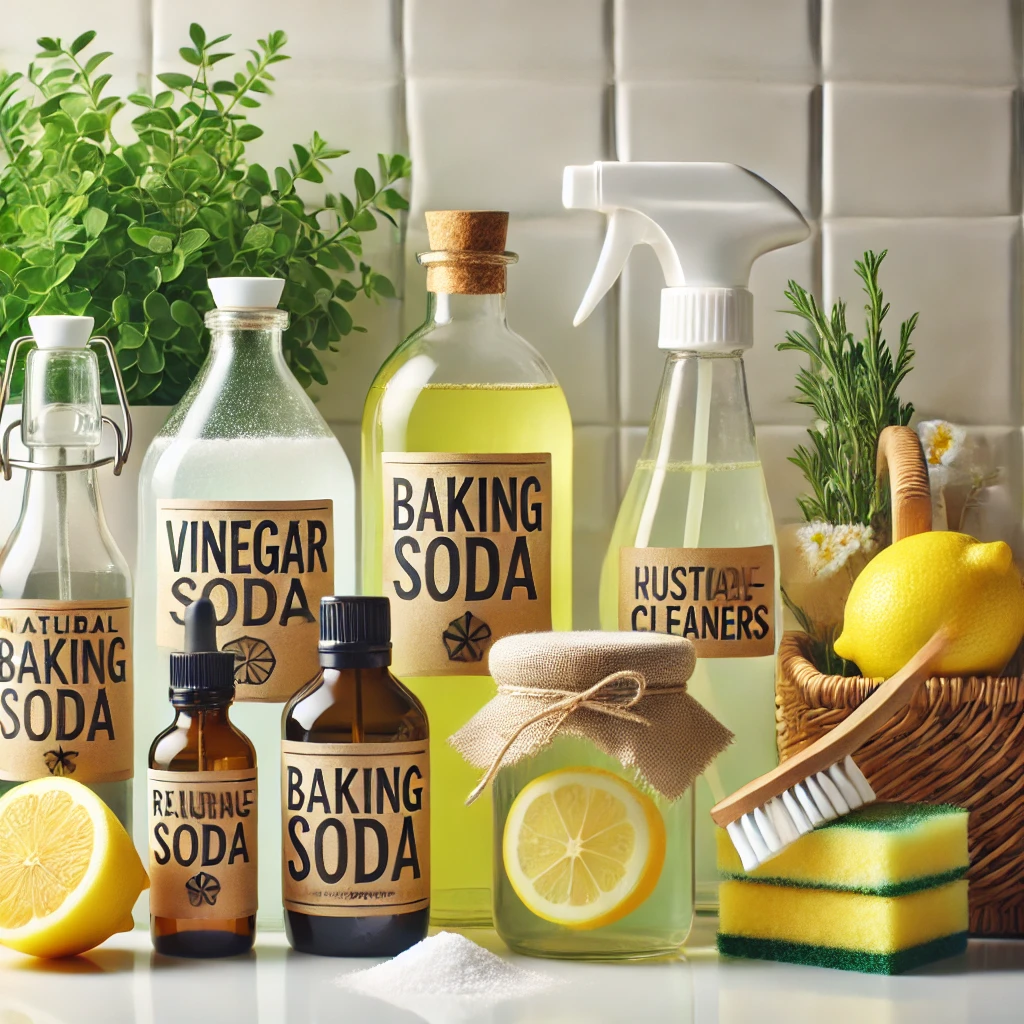
Many commercial bathroom cleaners contain harsh chemicals that can damage delicate finishes on tiles, countertops, and fixtures. Instead, opt for:
- DIY cleaners: A mix of vinegar, baking soda, and lemon juice works wonders.
- pH-neutral cleaners: These are safe for marble, granite, and other natural stone surfaces.
- Eco-friendly brands: Look for biodegradable, non-toxic options that are safe for your family and the environment.
💡 Tip: Avoid using abrasive scrubbers on delicate surfaces, as they can cause scratches.
6. Protect Your Bathroom From Water Damage
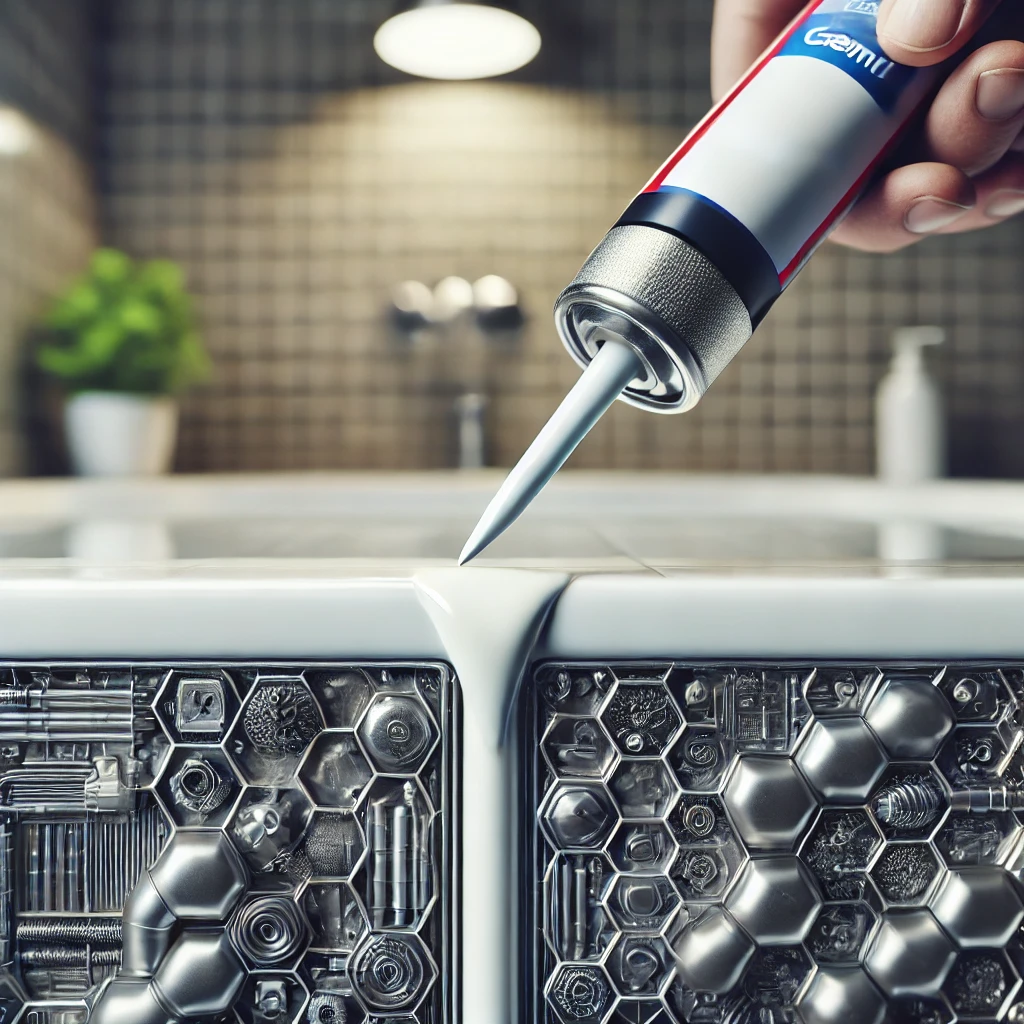
Water damage can weaken flooring, cause mold issues, and deteriorate cabinetry. Prevent this by:
- Sealing gaps around sinks, bathtubs, and showers with waterproof caulk.
- Using bath mats and absorbent rugs to catch excess water and prevent slips.
- Checking for leaks under sinks and around toilets regularly.
💡 Tip: If you notice soft or discolored flooring, it may be a sign of hidden water damage that needs immediate attention.
7. Refresh Your Bathroom with Small Upgrades
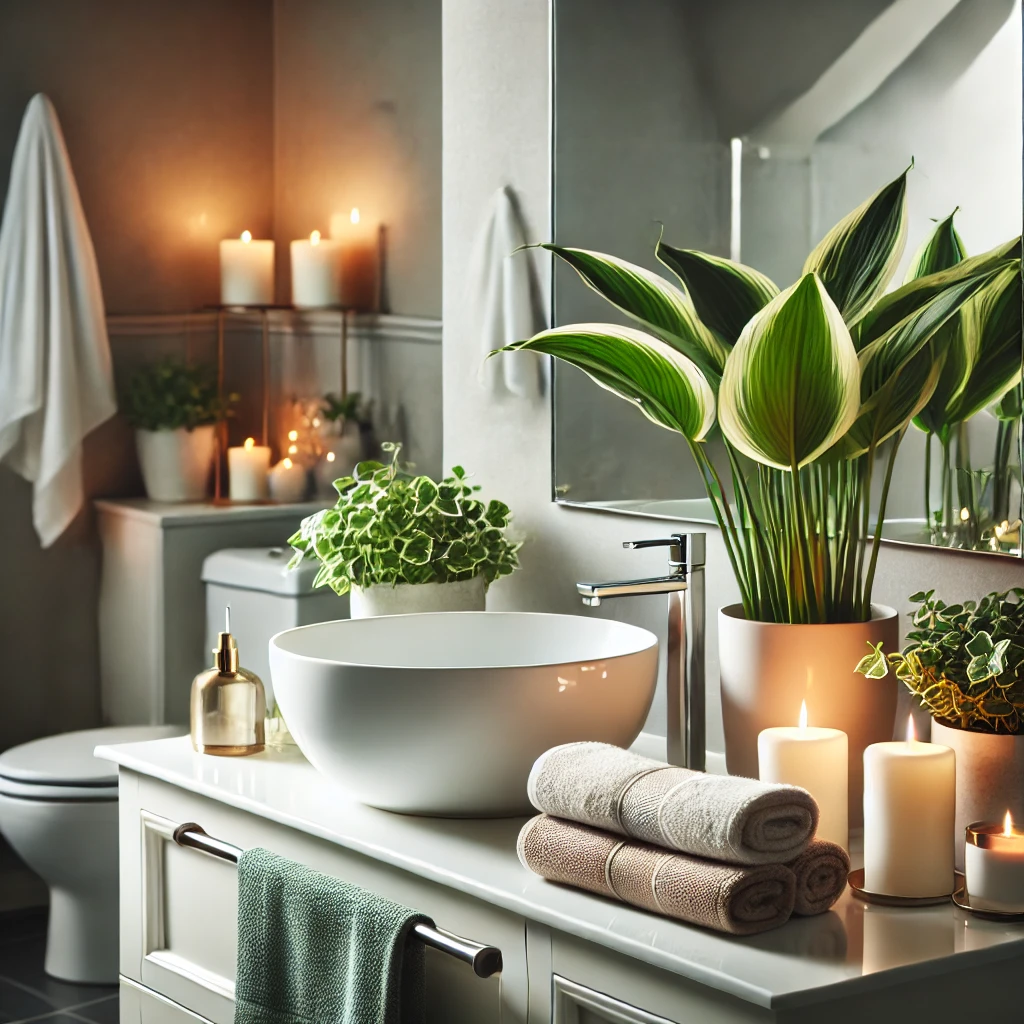
Keeping your bathroom looking new doesn’t always require a full renovation. Simple upgrades can enhance its aesthetics, such as:
- Replacing old caulk around tubs and sinks for a cleaner look.
- Swapping out outdated hardware (drawer handles, towel racks) for a modern touch.
- Adding fresh plants, candles, or decorative baskets for a spa-like ambiance.
💡 Tip: A fresh coat of mildew-resistant paint can prevent peeling and extend the life of your bathroom walls.
Final Thoughts
With consistent maintenance, your newly renovated bathroom can remain as stunning as the day it was completed. By incorporating simple daily habits, using gentle cleaning methods, and ensuring proper ventilation, you’ll protect your investment for years to come.

